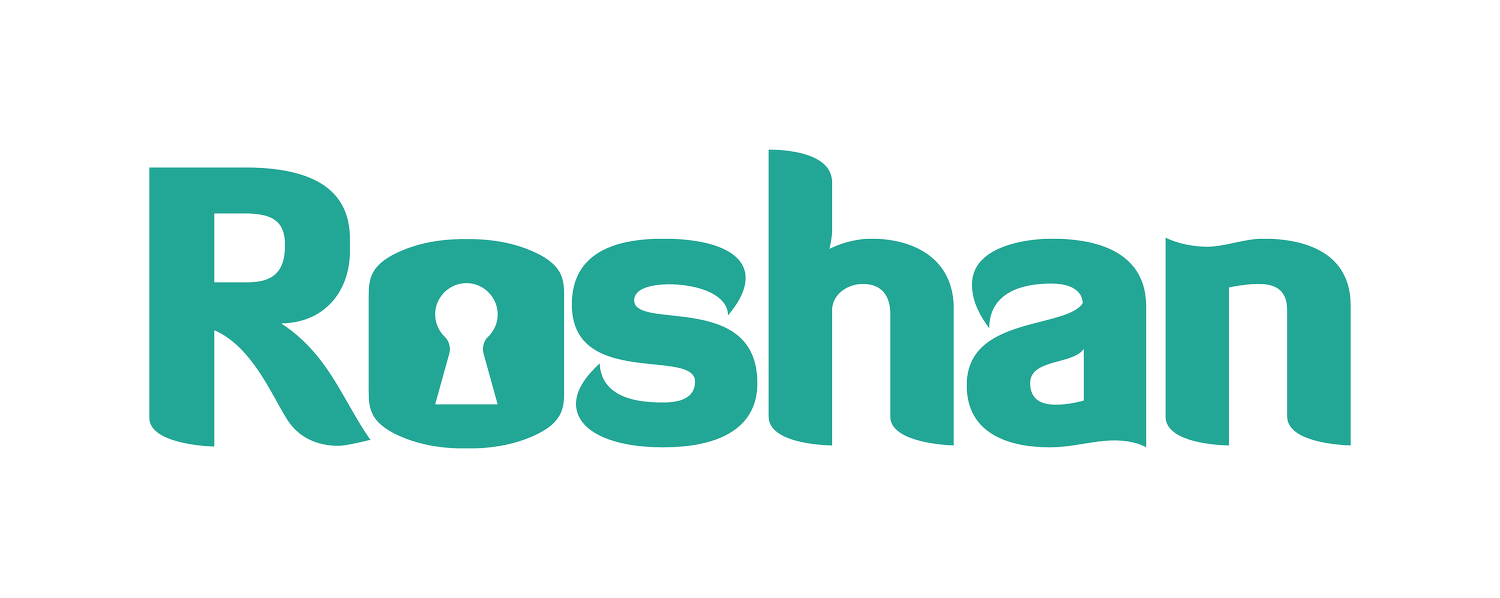The Unexpected Journey: Armin's Story
It was in July 2013 that Armin’s parents told him they were leaving Iran. As a young boy just about to turn 11, he was excited: this would be his first trip outside of his home country. The family was heading to Australia.
At the time, he didn’t realize that they would be embarking on this journey as asylum-seekers, hoping to take refuge in another country. “We left Iran so fast, I didn’t have time to think about anything,” Armin says. His parents, Masoud and Zohreh, had arranged help to get their family of three all the way to Australia, a common route for people seeking asylum. But when they arrived in Indonesia -- just one stop from their final destination -- they were left stranded.
With no way to go further, Armin’s family began the long process of requesting refugee status, and then waiting for resettlement in a third country through the UNHCR. Meanwhile, they had to stay and adapt to life in Indonesia. As refugees in Indonesia, a transit country, Masoud and Zohreh did not have the legal right to work in the country. They wanted to enroll Armin in school, but language and cultural barriers posed a problem -- and costs were prohibitive. At first, the family looked for other solutions. They found tutors to supplement his education, including family friends and high school students. But this could not substitute for proper schooling. For awhile, Armin says, he was “just drifting”.
Eventually, his parents sought help from their new community of friends at Jakarta International Christian Fellowship. From these conversations, it became evident that there was a growing need for refugee education in Jakarta. Thus emerged the idea to open Roshan Learning Center.
In the latter end of 2014, preparations were well underway. Armin’s father and uncle, along with a team of volunteers, spent weeks to renovate the building they had leased: a one-room converted art studio. Armin, 12 years old at the time, remembers this time vividly. “The building was wrecked,” he says. “And the backyard was terrible!” But the team’s hard work paid off. In December, Armin was present as they had their official opening and ribbon-cutting ceremony. There were only two or three other students in his level when he began his classes at Roshan.
Over the five years that passed, as Roshan Learning Center grew and flourished, so did Armin. At first, he could hardly speak or write in English. Now he speaks English confidently and even translates for his parents. This helped him qualify for Roshan’s new Elite Program, which will let him pursue a high school degree through Elite Open School, an accredited international online school system. He is happy to be able to one day attain a formal high school diploma -- an opportunity that still remains out of reach for many young refugees in Indonesia. “It’s super hard,” he remarks, but he likes the challenge. “It pushes me to do better.”
Beyond academics, the Roshan community has watched Armin grow from a child to a 16-year-old on the brink of adulthood. His parents say he has matured a lot, and attributes this in part to Roshan. According to father Masoud, seeing the difficulties his peers face has helped Armin to not only learn from their mistakes, but also be grateful for what he has. “I think he is delighted when he is in Roshan,” says Masoud. “Honestly, he is a very, very good boy and we are really proud of him.”
Although living in Indonesia was not part of the family’s original plan, Armin is thankful for how his life has turned out. “Getting stuck here is the best thing that happened to me,” he says. “If I were in Iran, I don't know what my perspective about the world would be.”
As for the future, Armin has big dreams. He wants to start a business one day selling and managing property: “My parents, my parents’ parents, they’ve been working* for money -- but I want to make money work for me.”
*Note: This phrase is figurative. Due to Indonesian regulations restricting local employment for refugees and asylum-seekers, Masoud and Zohreh are not able to “work for money.” However they do serve in multiple communities, including Roshan, as volunteers and receive a modest transportation and meal stipend.







